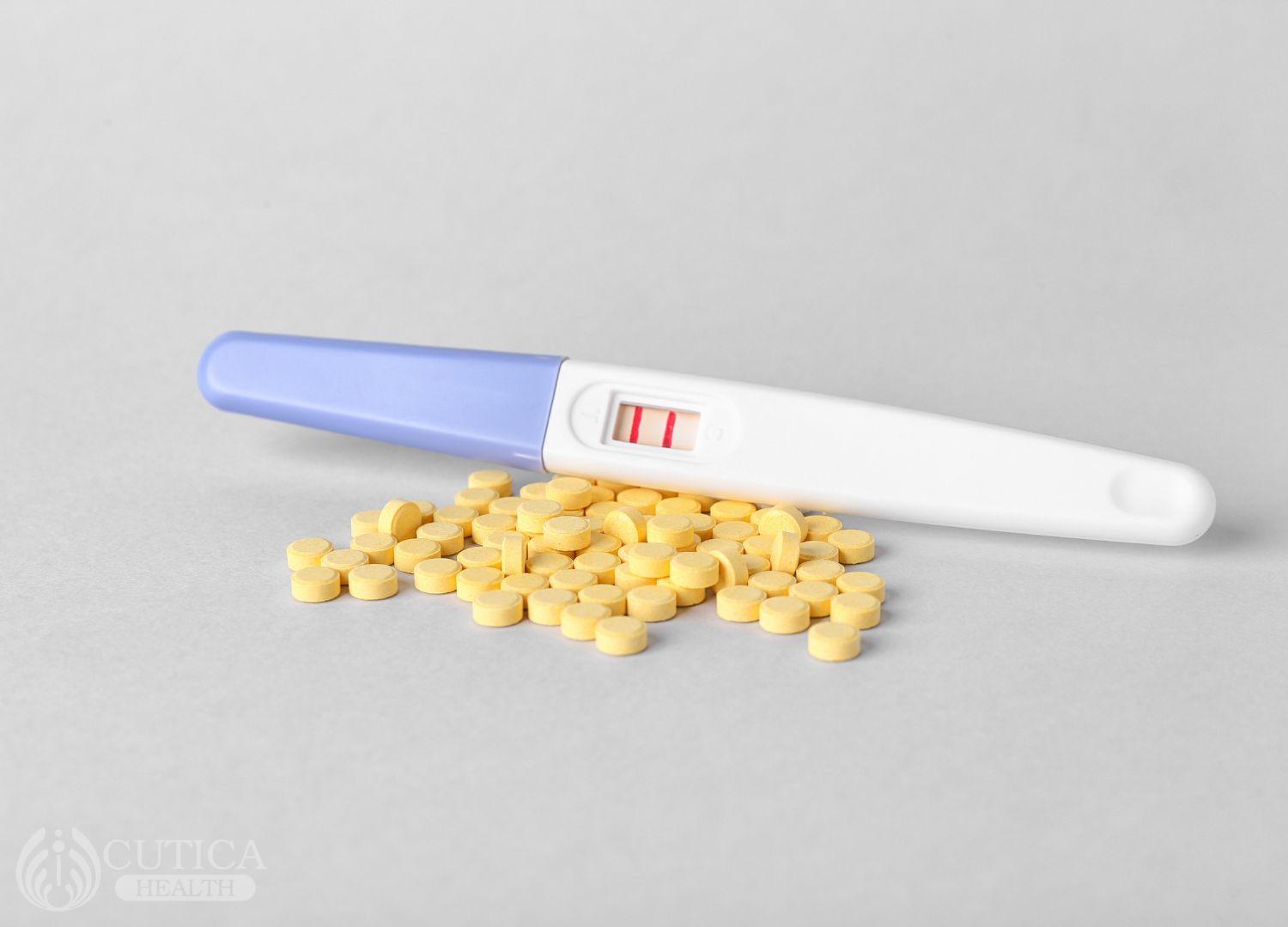When Jane found out she was pregnant, she was over the moon. She had always wanted to be a mother and couldn't wait to start this new chapter. However, as she began researching and learning more about pregnancy, she quickly realized that there was a lot to know and understand. One thing that kept coming up in her research was the importance of folic acid during pregnancy.
What is folic acid?
Folic acid is a man-made (synthetic) form of folate, which is a vitamin. When folic acid is taken as a pill, the body turns it into folate. This is important because folate is vital for the growth and development of a baby. Folate can be found in leafy vegetables, certain fruits, nuts, and more.
Taking folic acid is essential during the early stages of pregnancy when the baby's nervous system (brain and spinal cord) is forming.

Complications that can arise from inadequate intake of folic acid
- Malformed brain or spine of the baby
- Anemia: Folic acid also helps in the production of red blood cells. A decrease in red blood cells is referred to as anemia. These cells help deliver oxygen to different parts of the body. So, if a pregnant woman doesn’t have enough red blood cells, she and the baby can experience health issues.
How much folic acid should be taken during pregnancy?
Every human needs a daily amount of specific vitamins, and pregnant women are not excluded.
That being said, the recommended amount of folic acid during pregnancy is 600 micrograms per day. This can be found in many prenatal vitamins, or it can be taken as a standalone supplement. It's also present in many foods, such as leafy greens, nuts, and citrus fruits.
In addition, it is recommended that women who plan to become pregnant take about 400 micrograms of folic acid daily. Pregnant women require more since they are basically “feeding for two”.
How do you know if you’re getting enough folic acid?
The best way to ensure that you're getting enough folic acid is to take a prenatal vitamin that contains the recommended amount. It's also a good idea to eat a healthy, balanced diet that includes various foods high in folic acid. Your doctor can also check your blood levels to ensure you're getting enough.
Folic acid is critical during pregnancy, and it's essential to ensure you're getting enough of it. With the right amount of folic acid, you can help ensure that your baby is healthy and happy. So, if you are trying to conceive, start consuming folic acid in your diet, and if you're already pregnant, don't forget to take your prenatal vitamins that contain folic acid.

In conclusion, folic acid is a vital nutrient for pregnant women. It plays a critical role in preventing birth defects and ensuring the proper growth and development of the baby's brain and spine. It also helps in the production of red blood cells, which is essential for the mother during pregnancy. Pregnant women should aim to consume 600 micrograms of folic acid daily through prenatal vitamins and a healthy diet.
